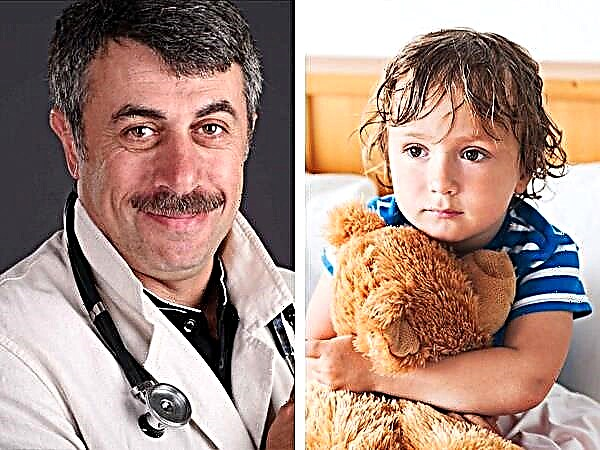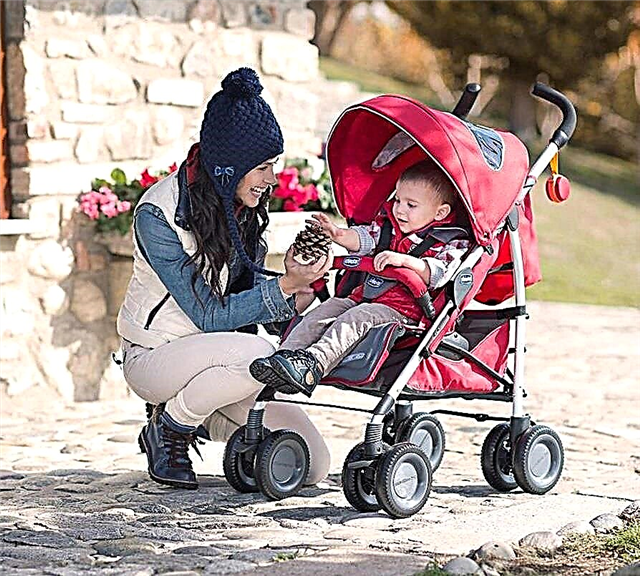Why 3 years is the optimal difference between children. Pros and cons of 3 years difference. Features of raising kids.
Planning a second pregnancy?
Doctors and psychologists believe that the difference between children of 3 years is the most appropriate. Why?
According to doctors, the woman's body fully recovered after the first birth. For their part, psychologists say that the difficult period is behind the mother. The child has grown, which means that physical activity has decreased. A small gap between years increases the likelihood of common interests, brings children closer.
However, each specialist looks from his own bell tower. I propose to consider the situation from the side of the parents. At the same time, get acquainted with the difficulties that mom and dad can expect, giving preference to the difference in children of 3 years.

Pros and cons of 3 years difference
One child is good, but two is better! So what are the benefits of tempting parents to have babies at short intervals?
Pros
- Independence. By this time, the child knows how to do a lot by himself: dress, eat, play. At the age of three, children begin to realize themselves as a separate person. The phrases "I myself", "I am big" appear in the speech. He has his own circle of interests, hobbies, friends.
- Attention and stress. The older child goes to kindergarten, which means that it will be physically easier for the mother. In the morning she is busy with household chores and the baby, in the evening with the baby dad helps. The mother can pay attention to the first child, communicate, play with him.
- On a visit to relatives. The firstborn has grown up and no longer depends on the mother as before. You can not be afraid to leave him for the weekend with grandmothers, grandfathers, aunts. On the one hand, the child's social circle expands. On the other hand, the mother has the opportunity to temporarily reduce the physical and psychological stress.
- Little helper. With the advent of a brother or sister, willy-nilly, the first-born has to grow up faster and learn to help parents. Bring a bag somewhere, serve, bring it, look after the little one for 5 minutes. An older child can be a great helper. A sense of responsibility is fostered.
- Always near. 3 years is a small difference. The grown-up kids spend a lot of time together: they play, build buildings from blocks, draw, attend circles, help each other. The time they spend together rallies. Over the years, this relationship continues and grows stronger. Children with a small age difference are very friendly, have common interests, hobbies and friends.
- Exemplar. The older child as a model of behavior for the younger. The firstborn wants to be proud of him. He tries to do everything right, learns the skills of independence, helps parents, looks after the baby and even participates in his upbringing. The mother and father praise the preschool helper, and the toddler takes an example from him.
- Learning requires supervision. And attention from parents. Explain rules, do homework, help build a portfolio. By the time the firstborn goes to school, the baby will be 3 years old. He will become quite independent and more or less independent, he will go to kindergarten. Parents will be able to pay more attention to their elder's studies.

Minuses
Unfortunately, the difference in babies at 3 years old also carries certain difficulties:
[sc name = ”rsa”]
- Crisis 3 years. The appearance of a second baby in a family falls on a difficult period of an older child. At this age, children become disobedient, stubborn, tearful. It will be difficult for a woman to adjust to the whims of both whims (crisis of 3 years).
- Still small. Although the older toddler is already doing a lot on his own, he still needs help. Pour water, serve a mug, help to dress, to fasten shoes, to take to the kindergarten ... A baby takes a lot of time. The mother is all in household chores and is attached to the baby. While the baby is small, it is physically difficult to care for two babies.
- Addiction. Mom goes for a walk with the older child when she copes with household chores, plus you need to adjust to the needs of the baby. The younger the second child, the more the mother and the first child depend on his needs and mood.
- From maternity to maternity. The kid grew up, and only the woman had some free time. Going to the cinema, cafes, evening walks with a loved one, meeting friends ... And again diapers, undershirts, pampers ... Personal life is postponed. We start all over again.
- Two is too much. It is difficult for grandparents to keep track of two toddlers. At best, they can either help physically or take only one child for the weekend. Neither option will allow mom to set aside enough time for herself.
- Mom is not to blame. The second baby takes a lot of attention and energy. Mom is torn between household chores and two children. Some women are very worried that they cannot devote enough time to an older child. Because of this, they experience a feeling of guilt, which can turn into an oppressed state, depression.
- Career will wait. Two maternity days in a row - a total of 6 years that need to be devoted to family and children. You will have to sacrifice your achievements at work and postpone the advancement of the career ladder.
- Caution! He is still small! Children 3 years old do not know how to handle newborns. The firstborn can inadvertently hurt the baby, put a small object in the baby's hand. Leaving them alone even for 1 minute is unsafe!
Age difference: from decree to decree
Features of raising children with a slight difference
There are disagreements, jealousy, and greed between the kids. To avoid unpleasant moments and minimize the disadvantages of a three-year difference between children, some simple recommendations will help:
- Parents often persuade older children to give in to younger children. This is fundamentally wrong! You need to treat children the same. Otherwise, over time, babies begin to enjoy their privileges and require special attention from adults, brothers and sisters. The first child is offended by such injustice. Dislike for the younger appears.
- Don't use children as examples. Older kids grow up and sometimes do not obey their parents, show stubbornness, childish egoism. This is normal. However, when comparing children and presenting the older as bad compared to the younger, the firstborn will feel less loved.
- Don't use your child as a nanny. He can help parents look after the baby, but do not abuse childish naivety. It happens that older children are required to look after babies. Help grows into a constant and imposed "You must". The child is deprived of childhood, only he will not blame his parents for this, but his younger brother or sister.
- Do not shift responsibility for the second child onto the shoulders of the first child. Older children often "flies in" because they overlooked the baby. In turn, this indulgence gives the kids a reason to enjoy impunity. They start doing spiteful things, they are mischievous, they set up their older brothers, because they know that they will not be scolded for this.
- Give preference to games that work for both children. First, it’s not offensive. Secondly, it brings the kids together. Thirdly, it shows that mom loves two equally. The more time children spend together, the stronger their attachment to each other.
- Kids are big owners, and sometimes they are greedy in relation to their younger brothers and sisters. Each child should have their own space. However, from the first days, teach him to share. Try to buy games that are the same or identical, if this is a constructor, then for two. Choose toys of equal value for children of different sexes.
- Occurs between kids with little difference and jealousy. Prepare your child for the arrival of a brother or sister in advance. Give both of them equal attention so that they do not suspect that the other is loved more. Treat your little ones equally. Take your family for a walk. Say more often that you love them, and how good it is that there are two of them in the family now.
The three-year age difference between children, like any other, has its advantages and disadvantages. How close and friendly the children will be depends largely on their parents.
Senior and junior: the ideal age difference
What is the optimal age difference between children? What is better for children, and what is better for the health of the mother and harmony in the family? The pros and cons of the birth of the weather, children with a difference of 2.5, 5 and more years. Advice from the point of view of gynecology and psychology.



